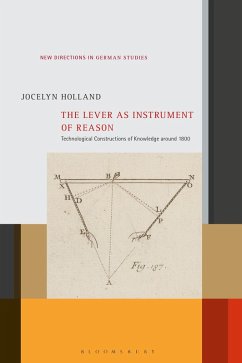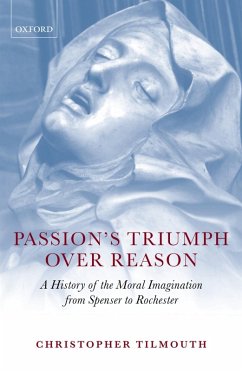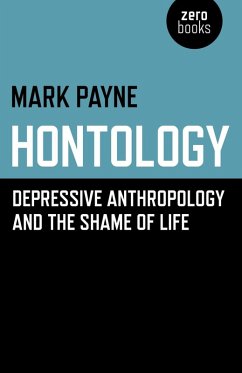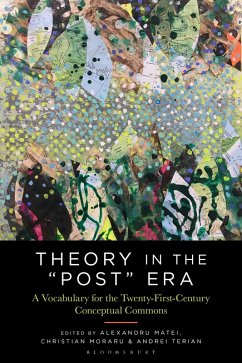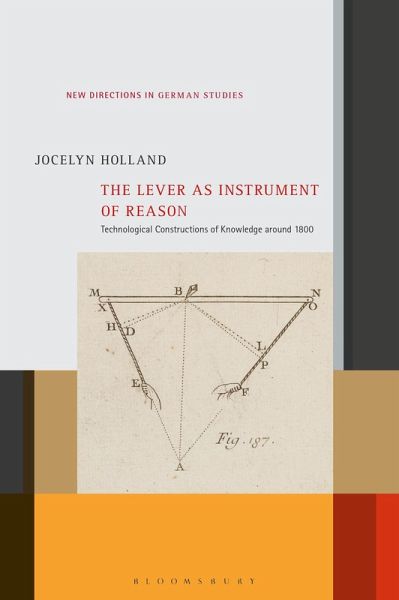
The Lever as Instrument of Reason (eBook, ePUB)
Technological Constructions of Knowledge around 1800
Versandkostenfrei!
Sofort per Download lieferbar
28,95 €
inkl. MwSt.
Weitere Ausgaben:

PAYBACK Punkte
14 °P sammeln!
The lever appears to be a very simple object, a tool used since ancient times for the most primitive of tasks: to lift and to balance. Why, then, were prominent intellectuals active around 1800 in areas as diverse as science, philosophy, and literature inspired to think and write about levers? In The Lever as Instrument of Reason, readers will discover the remarkable ways in which the lever is used to model the construction of knowledge and to mobilize new ideas among diverse disciplines. These acts of construction are shown to model key aspects of the human, from the more abstract processes o...
The lever appears to be a very simple object, a tool used since ancient times for the most primitive of tasks: to lift and to balance. Why, then, were prominent intellectuals active around 1800 in areas as diverse as science, philosophy, and literature inspired to think and write about levers? In The Lever as Instrument of Reason, readers will discover the remarkable ways in which the lever is used to model the construction of knowledge and to mobilize new ideas among diverse disciplines. These acts of construction are shown to model key aspects of the human, from the more abstract processes of moral decision-making to a quite literal equation of the powerful human ego with the supposed stability and power of the fulcrum point.






